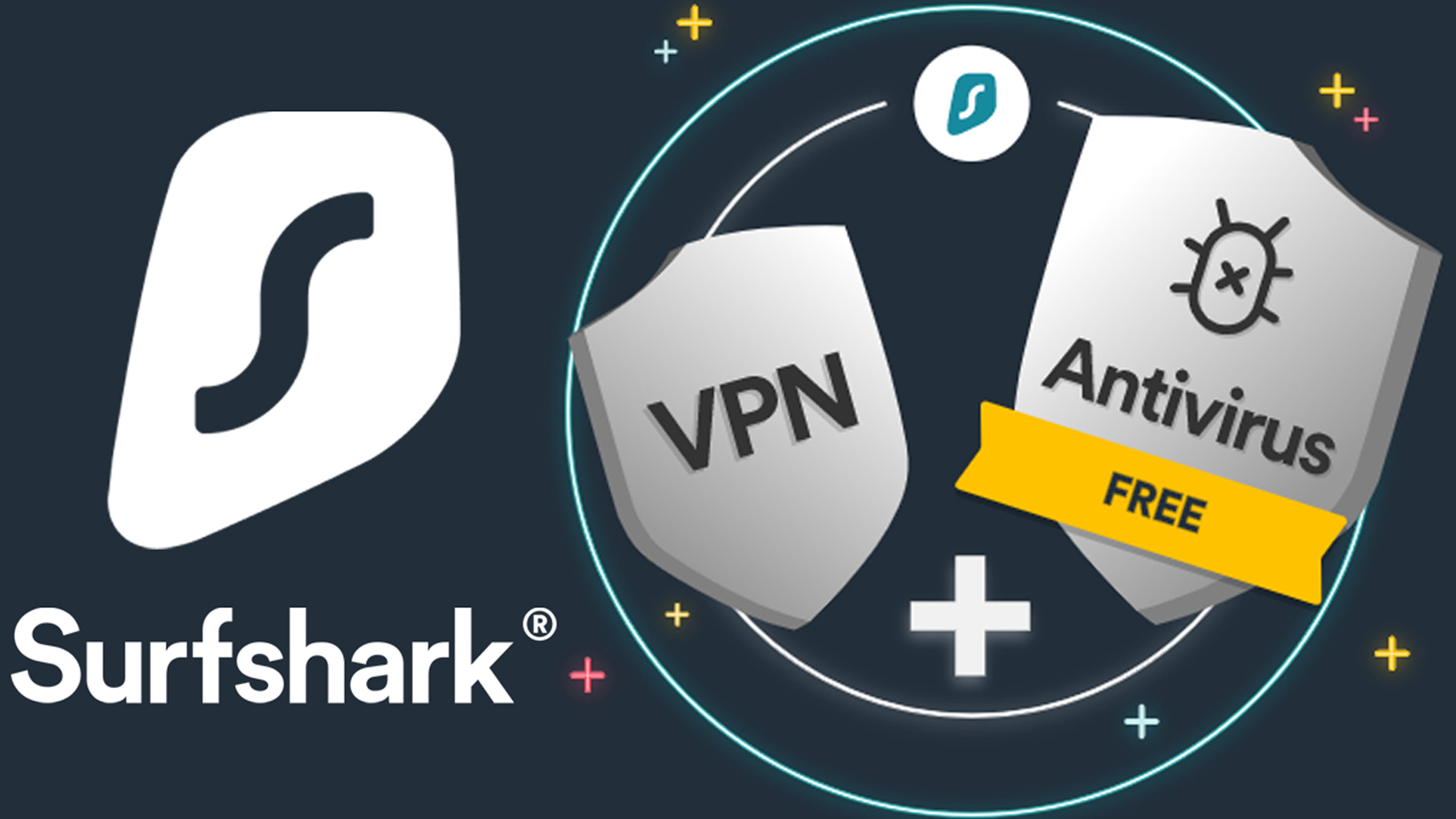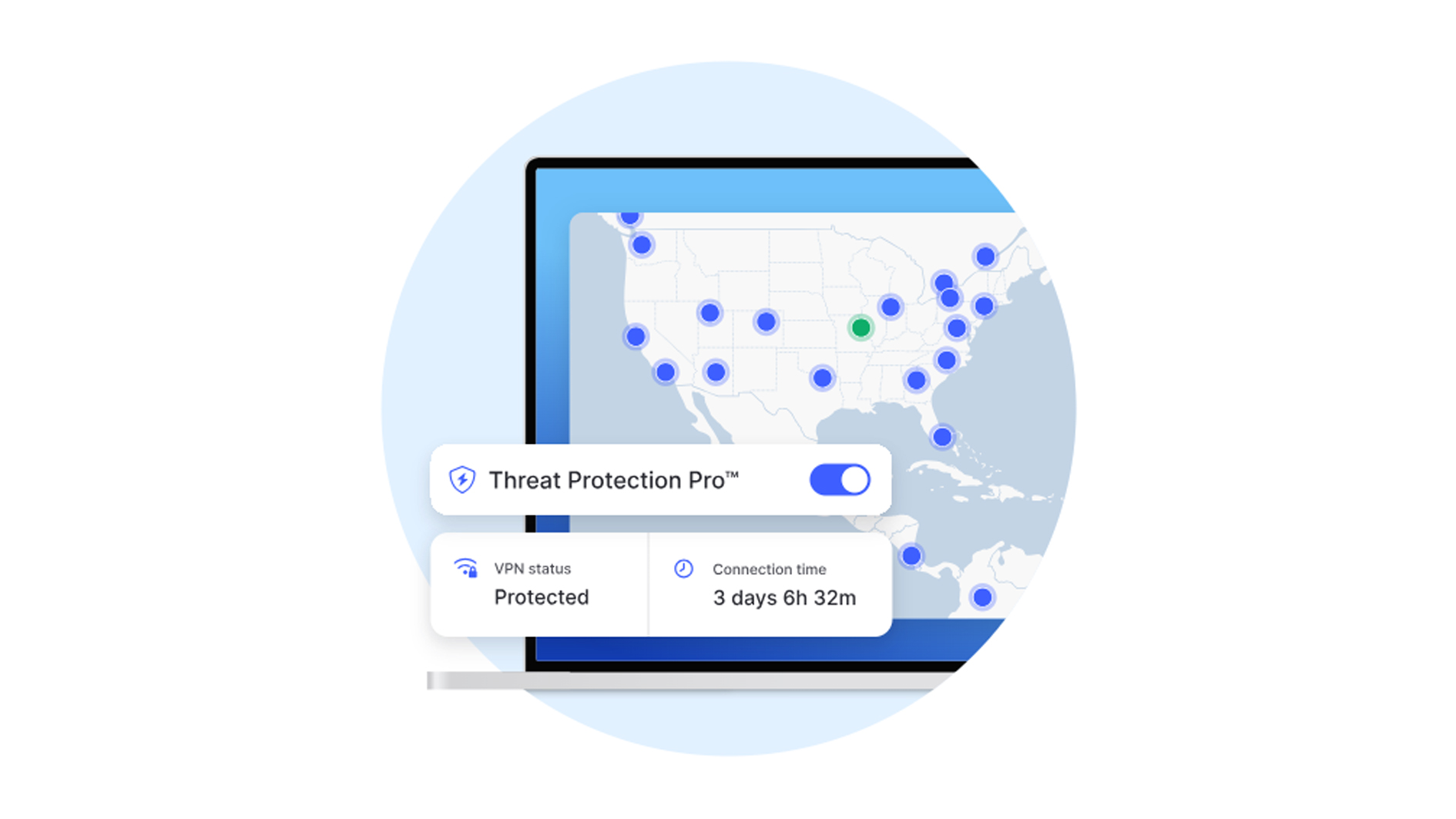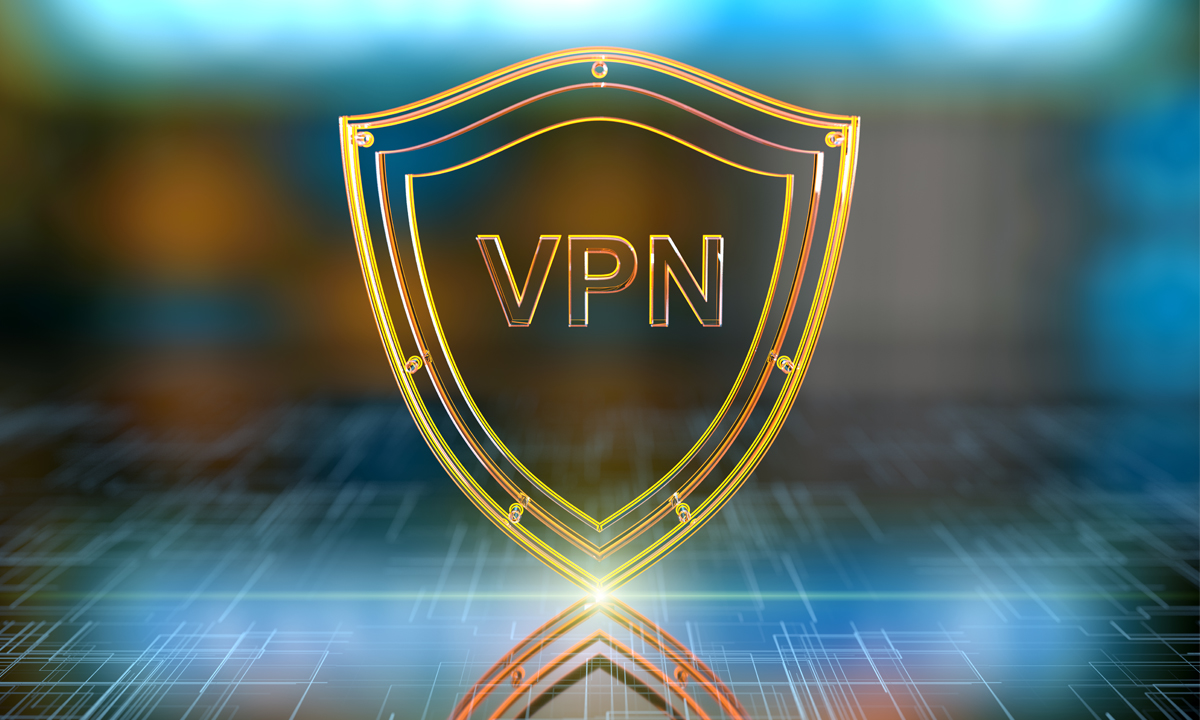
For as long as there have been computer viruses there has been a need to fight them. Traditional dedicated antivirus software has long been the go-to method for consumers, but just like medicine, treatments change over time.
Although originally a privacy tool, the best VPNs are leading the way when it comes to cyber-security nowadays – each offering their own malware blocking methods. Many top names provide their robust antivirus services on top of a regular subscription and we only see VPNs and antivirus becoming more entwined in the future.
The difference between an antivirus and a VPN
Surfshark is one such VPN provider that includes antivirus with its offerings, and its own Antivirus Product Manager, Nedas Kazlauskas, explained the difference between the two.
"A VPN helps protect user data in transit, but only antivirus software can effectively detect and neutralize malware threats on a device," he also argued that "A VPN won’t be replacing antivirus software anytime soon."
That's an interesting opinion, and it's true – at their core, they do two totally separate things. But many VPN apps now integrate antivirus functionality (even Surfshark), and if you were to invest in just one, we think that a VPN with antivirus is a better investment than an antivirus with a VPN bolted on.

VPNs with added antivirus
At the top of our VPN list is NordVPN and that's, in part, thanks to its malware-blocking capabilities. Subscribing to NordVPN's "Plus" or "Ultimate" tiers unlocks its Threat Protection Pro tool.
Threat Protection Pro works on a URL and Javascript level meaning it can automatically keep users out of harm's way from phishing scams, suspicious links, and unwanted trackers. On top of that It even automatically scans downloads for harmful malware. Its credentials are impressive too, it was recently certified as an effective anti-phishing tool, the only VPN to achieve such a status.

There's no doubt that traditional antivirus software does its job well, but whether that job is as important anymore is up for question. The way we use the internet and computers nowadays is more cloud-based and less designed around scanning downloads for malware.
Vykintas Maknickas, head of product strategy at NordVPN agrees with me, explaining that, "While the importance of keeping yourself safe from malware will remain, most attacks will be executed without tricking users into downloading malicious software. Thus, a new generation of cybersecurity software will be needed."
The main advantage that a VPN like Nord or Surfshark has over an Antivirus service with an added VPN like Norton is trust. The top VPN providers are recognized privacy-focused businesses with independently verified no-logs policies. Quite simply, their business is privacy, if they weren't effective at it, they wouldn't exist.
Even if the antivirus component of a VPN is just bought in from a more established antivirus, the privacy-first nature of a VPN provider would make it the more secure option.
VPN credentials

Looking at the opposite side of things, there are several antivirus systems with VPNs added on. That's not inherently a bad thing (everyone should have access to a VPN) but it is a cause for concern.
Dedicated Antivirus software collects data about you. Just look at Norton's privacy policy for example. You can't put that kind of privacy back in the box. Norton's VPN does claim a no-logs policy but, simultaneously also admits it "collects other limited data in accordance with the NortonLifeLock Global Privacy Statement" which is to say "your date of birth, age, and gender, as well as identifiers, such as your address, email, bank account information, credit/debit card information, mother’s maiden name, insurance information, gamer tag, and other personal details about you."
I don't know about you, but I can hear alarms whirring. By their very nature, traditional antivirus systems need to store data on the user, and that's what makes their VPNs problematic.
When it comes to VPN performance, antivirus providers can't compete with the biggest names in the VPN world. McAfee's VPN is included in an antivirus subscription but only features servers in 50 countries, which is less than half of Nord's 111-nation offering. Plus it's missing key features, like a kill switch for Mac users (currently it's Windows only). That's a core safety feature that we'd expect any decent VPN to have. It protects you from leaking your data if the VPN connection drops.
Bottom line – they just might
They've both got their individual uses, and certain brands excel in their own ways. However, with the rapidly developing landscape of threats, just using one or the other won't cut it. Because of that, I think over time we'll start to see greater competition towards the two service types, with both eventually becoming all-in-one security suites.
To be frank, though, if you value both privacy and security online, I don't see much of a reason to use an antivirus with a bolted-on VPN over the alternative. Conversely, I think the top VPNs will soon be genuine contenders for the best antivirus as their security features grow more advanced.
So if you're looking to really protect your devices for the future, use a VPN with a reliable antivirus – not the other way around.







